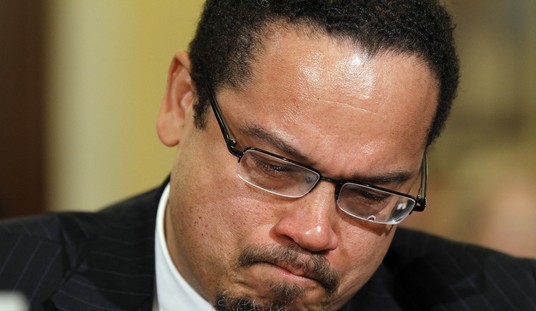Former Governor Haley Barbour has left office, but he certainly hasn’t left the news, both in Mississippi and around the nation. Before taking his final bows, reports indicate that he issued a rather startling number of pardons and sentence commutations, adding up to more than 200 in a period of a few days. These included criminals doing time on some very serious charges, up to and including rape and murder.
An uproar over some of the 208 pardons — including murder cases — granted by outgoing Mississippi Gov. Haley Barbour has prompted some lawmakers to propose bills to curb pardons by future governors, The Clarion-Ledger reports…
Barbour has declined to comment on the pardons.
It’s not unusual for governors to issue pardons in their final days, as they are always sure to be controversial and potentially politically poisonous, but this is definitely a fairly large number and includes some choices which raise justifiable questions. One of the recipients was Earnest Scott Favre, NFL quarterback Brett Favre’s brother, who was serving time for drunk driving and causing his friend’s death. But that wasn’t the controversial choice.
Apparently four of the men were convicted murderers who had spent time working at the governor’s mansion on a work release, trusty program, where they may have come to know Barbour and his staff. Questions of favoritism would obviously arise from that. Another was the case of Karen Irby, serving time for causing a car crash which killed two people.
As the article mentions, lawmakers are scrambling to see if they can take any legislative action regarding pardons in the wake of this, but it’s not entirely clear what they could do. One representative is proposing a bill which would call for a two week period of notification before a pardon is granted so there would be time for a hearing where victims, family members, etc. could at least comment on the case. But even he admits that there would be nothing they could do if the Governor decided to pardon them afterward anyway.
That question seems rather strange, though. I looked up the applicable portion of the Mississippi State Constitution (see Section 124) and it reads – in part – as follows:
…and in cases of felony, after conviction no pardon shall be granted until the applicant therefor shall have published for thirty days, in some newspaper in the county where the crime was committed, and in case there be no newspaper published in said county, then in an adjoining county, his petition for pardon, setting forth therein the reasons why such pardon should be granted.
So it seems to me, at least assuming the Governor’s office carried through and made sure this was done, that people did have an opportunity to comment. And if he didn’t make sure that public notification was made, there may be some remedy available through the courts to challenge some of these pardons and send them back for consideration by the new governor. (Who, having seen this firestorm, would probably be fairly unlikely to act on them in a similar fashion.)
But, assuming the constitutionally required protocol was followed, there’s little to be done now. The state constitution is pretty clear and closely mirrors the same powers held by the President of the United States. Once the deed is done, there’s not much more to be said.








Join the conversation as a VIP Member